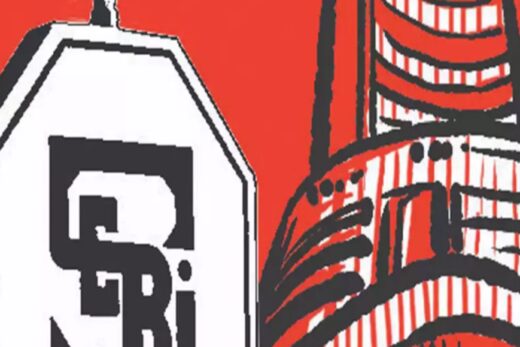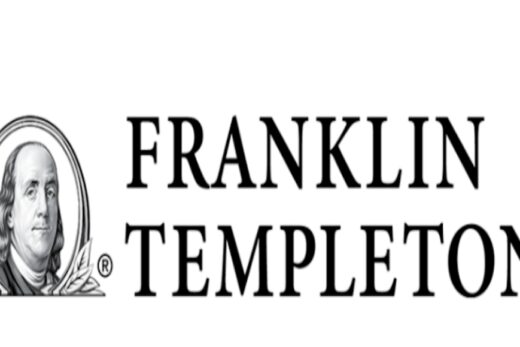Listed companies’ meetings with research analysts and institutional investors
Complete and accurate information is critical for investment decisions by all categories of investors and should be made available to all investors at the same time. However, often, the institutional investors get to meet the management team on a one-on-one basis or in group meetings. To ensure that there is no information asymmetry by way of these meetings, the listed entity is permitted to discuss only publicly available information in these meetings.
Further, the meeting schedules are required to be disclosed to the stock exchanges and on the company’s website ahead of meetings. However, there was discomfort with this practice as some investors were averse to disclosing their names before the meeting. Sometimes, the name of the investor itself can be sensitive enough to impact the stock price. Also, sometimes the meetings could be subject to change. Sebi has now amended the regulation to constructively resolve this issue – the listed entity is now required to publish the audio/ video recordings of such meetings on its website and to the exchanges promptly. It has to be published before the next trading day or within 24 hours, whichever is earlier, and the written transcripts of such meetings should be shared within five working days.
Improvements in delisting regulations
To make delisting more transparent and efficient, two important changes have been introduced: At present, the onus of disclosure for delisting is on the board of directors. Now on, to avoid any timing gap in the information flow, the promoter/ acquirer will be required to disclose their intention to delist the company by making an initial public announcement. The existing delisting regulations do not allow the acquirer/ promoter to mention an indicative price (which is over and above the floor price) at which they are willing to acquire. However, an indicative price may help the investors gauge the inclination and willingness of the acquirer/ promoter to pay such a higher price. Now, Sebi has permitted specifying an indicative price for delisting which shall not be less than the floor price. This would help avoid the speculations in the market and provide an upfront guidance to the public shareholders.
Another attempt to provide public market funding support to startups
India has established a startup environment, with almost 55,000 (38,815 active) startups at the end of 2020. However, in terms of funding, only 9% (or 3,436) of the active startups have been able to raise further capital. Other startups are still struggling to provide exit to early investors or to seek funding after seed rounds. To address the availability of capital from the public market for startups and for their listing, Sebi had introduced the Innovators Growth Platform (IGP).
The IGP, with a key focus on technology startups, is a step towards building a realtime, liquid public market platform to raise funds as well as to enable exits for early-stage investors. The minimum offer size on this platform was set at a very small Rs 10 crore and the minimum application size and trading lots were fixed at Rs 2 lakh. The startup could also migrate to the main board of stock exchanges on satisfying certain conditions such as listing on IGP for a minimum period of 1 year, profitability/ net worth track record of 3 years or having 75% of its capital held by QIB. However, the IGP failed to witness any listing so far on account of certain eligibility and other requirements such as lock-in period of eligible investors, restriction on pre-issue investor ownership, stringent criteria for movement to main board, non-allowance of discretionary allotment and other such factors.
A number of these issues have been addressed in the proposed changes, some of which are:
▪ Startups opting for IGP route will now be able to access public markets within a year of a fund raising from eligible investors.
▪ Issuer company can now allocate up to 60% of the issue on a discretionary basis with a lock up of 30 days.
▪ Companies with Superior Voting Rights (SR) equity shares for promoters/ founders shall be allowed to do listing. This is in line with the mainboard IPO, to enable the promoter to retain control of the company.
▪ The trigger of open offer is relaxed from the existing 25% to 49%. This allows investors to increase their stakes and the companies can raise a larger pool of growth capital.
▪ Ease of delisting for companies as no requirement of the reverse book building process or a pricing formula. For a successful delisting offer, the acquirer/promoter shareholding must reach 75%.
Given the endeavors of ebi to promote the IGP and actions to rectify challenges currently faced by startups, and ease of restriction in critical areas such as listing on the main board, startups might now be open to consider this route. Through these initiatives, Sebi is ensuring a more transparent and startup friendly market!



